Why Are Healthy Brands Behaving Irrationally?
Last month, the International Food Information Council (IFIC) released the results of their 2018 Food and Health Survey. This report comes out every year and it’s full of valuable information on American consumers’ preferences, perceptions, and behaviors around food.
Over the years, we’ve noticed patterns in the survey results but one in particular continues to stand out year after year—consumers trust and rely on health and wellness professionals more than any other source of information. Consumers trust these professionals more than the news, bloggers, food companies themselves, and even their own friends and family.
In addition to trusting the professionals in the upper right quadrant of the above graph, consumers act on their advice. In fact, this year’s survey found that 78% of consumers who had conversations with a health professional made a change based on those conversations.
In addition to the trust factor, conversations with trusted health professionals are:
Frequent. From a mom talking to her child’s pediatrician about first foods, to a recently-diagnosed diabetes patient looking to adapt their diet, to Boomers discussing weight management, or an athlete inquiring about dietary habits to improve their performance, they cover all aspects of the health and wellness spectrum and they’re happening every day.
Authentic. For consumers, it’s no longer just about a healthy product, it’s about the total experience. They crave a totally trustworthy and authentic experience—from interactions, to recommendations, and engagement.
Consumer-focused. The health and wellness needs of every individual are unique, and no one understands a consumer’s needs quite like their personal health professional. Rather than providing generalizations and advice, their recommendations are specifically tailored to best suit the individual consumer.
So, if healthy brands want to drive consumer change why do they continue to spend money marketing through sources of information that consumers don’t trust and interact with less frequently—those that fall in the bottom half of the chart?
This question is especially pertinent as health-related misinformation and celebrity pseudoscience have become more common and consumers have grown increasingly cautious about where they get their information. Wouldn’t the rational decision for brands be to market through the sources consumers have already expressed that they do trust—namely, health and wellness professionals?
Not only is being a part of these conversations between health professionals and the consumers they counsel important, it’s also do-able and effective. We have built an infrastructure for successfully marketing through these trusted advisors—and we’ve been doing it for nearly 20 years.
Members of our PulseConnect network of professionals are educating, making recommendations, and having conversations with their patients and clients every day. Are they talking about your healthy brand? In an environment where consumers crave authenticity and information from a trusted source, it’s the rational choice.
